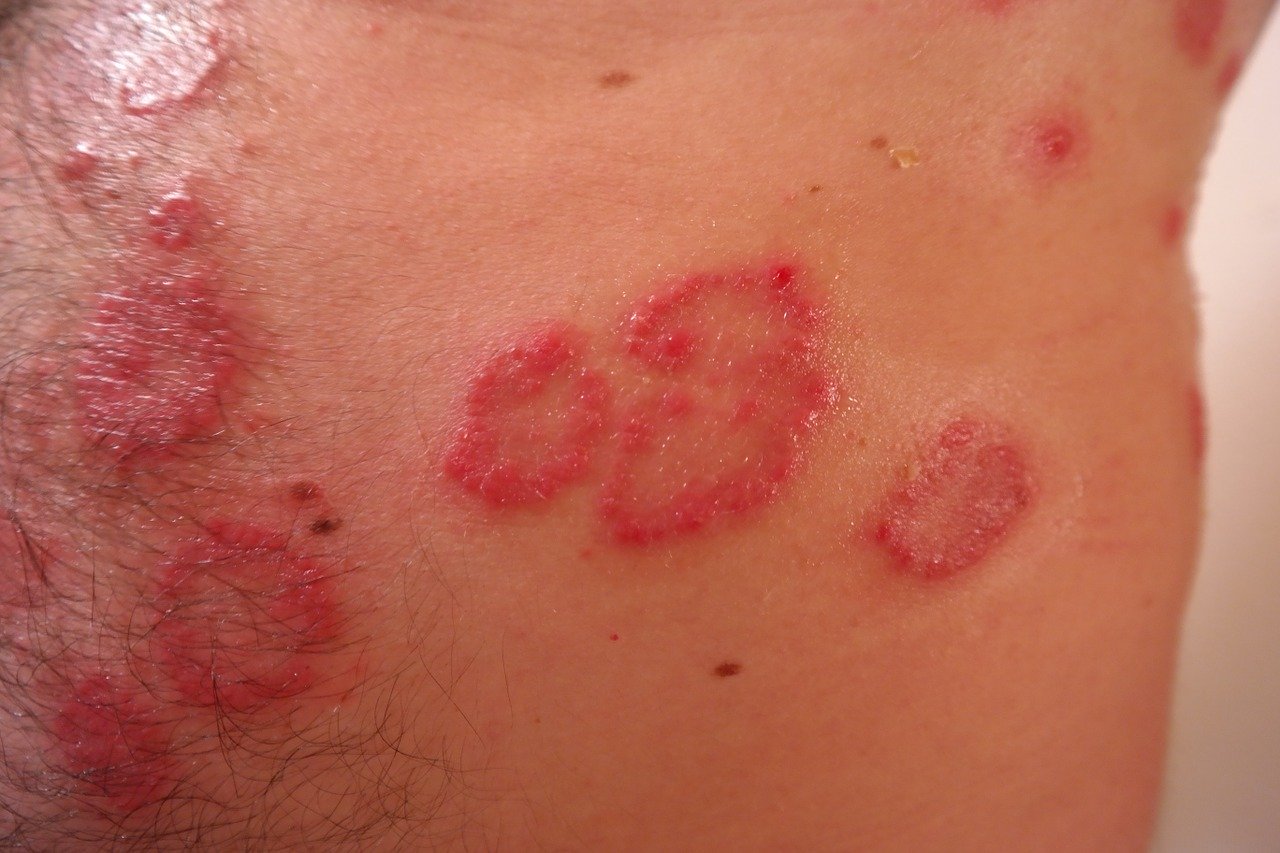In March 2020 researchers from Italy, USA and Serbia published their review on the interactions between the skin, microbiome, gut microbiota and psoriasis. The researchers stated that psoriasis is alternatively … Read more
Night time eating may increase post-prandial lipid levels thereby increasing the risk of cardiovascular disease for shift workers
In April 2019 researchers from Australia published their review of the medical scientific literature to assess the effect of eating a meal at night compared with the same meal eaten … Read more
Stress at work appears to be a risk factor for physical health and may increase the risk of musculoskeletal pain
In February 2020 researchers from Iran published their review of the medical scientific literature to assess whether job strain (or stress at work) is a risk factor for musculoskeletal pain. … Read more
Night-shift work is associated with poorer glycaemic control in patients with diabetes type 2
In December 2017 researchers from Thailand and the USA published the results of their study to assess whether night-shift workers with type 2 diabetes experience poorer glycaemic control than non-shift … Read more
Working the night shift may result in a significant increase in calories, protein, carbohydrates, total fat, saturated fat, and calcium being consumed
In February 2019 researchers from Israel published the results of their study to compare dietary intake during a day shift and during a night shift in 132 female nurses who … Read more
Dietary interventions for shift workers should consider the role of mood as well as shift type
In February 2019 researchers from Australia published the results of their study to assess the relationship between shift work, sleep, mood, and diet. 52 nurses who worked shifts (46 female, … Read more
Greater “eveningness” and shorter sleep duration whilst working a day shift appear to be associated with a higher incidence of depressive symptoms in rotating shift workers
In March 2017 researchers from Japan published the results of their study to assess the association between depressive symptoms and morningness-eveningness (ie the degree to which people prefer to be … Read more







